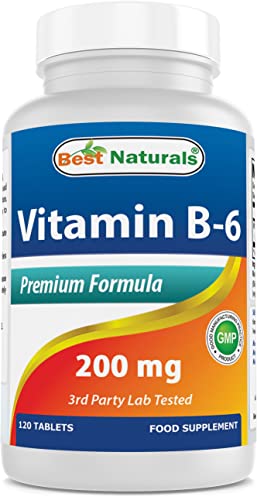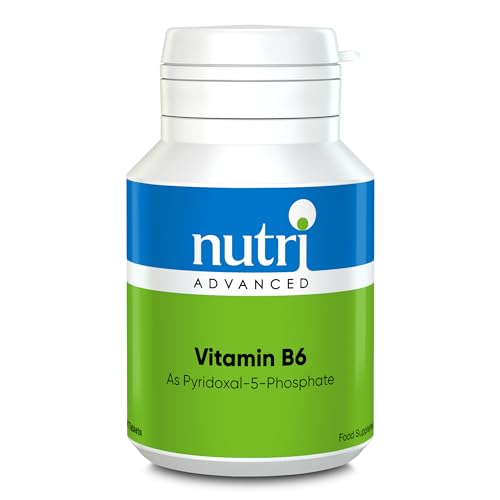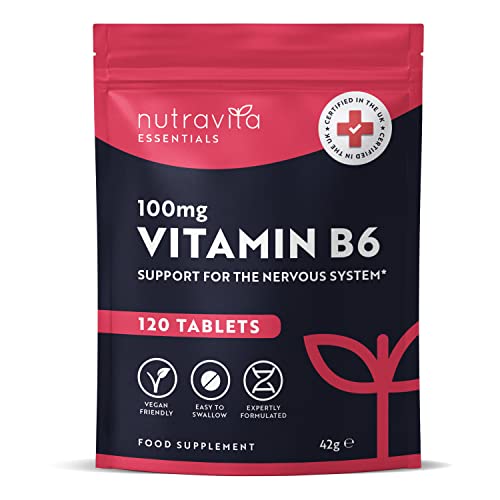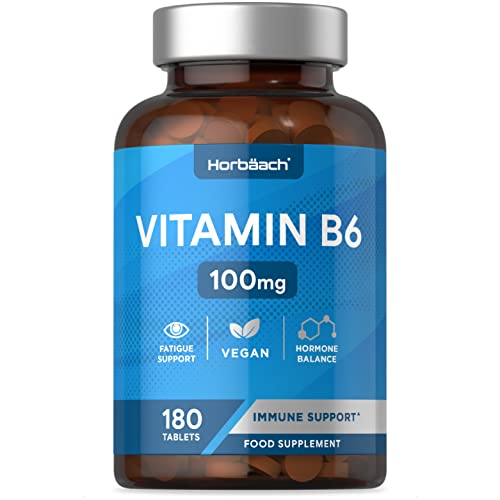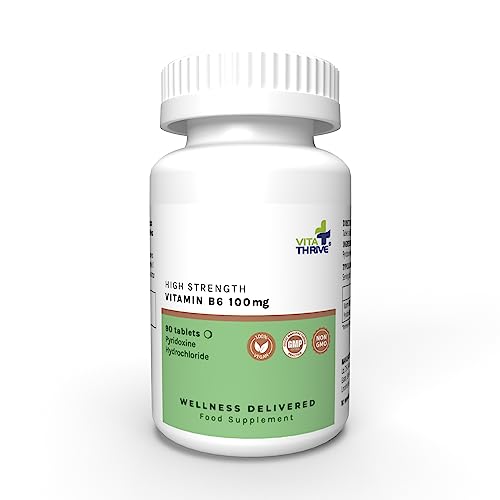What is Vitamin B6 and Why Do We Need It?
Understanding Vitamin B6
Vitamin B6, also known as pyridoxine, is a water-soluble vitamin that plays a crucial role in our body. It helps in the production of neurotransmitters, which are the chemicals that transmit signals in our brain. It is also involved in the metabolism of proteins, carbohydrates, and fats, making it vital for energy production. Without sufficient Vitamin B6, our body may struggle to carry out these essential functions.
The Importance of Vitamin B6
We need Vitamin B6 for various reasons, including the formation of red blood cells and the maintenance of a healthy immune system. It also supports brain health by contributing to cognitive function and mood regulation. In short, Vitamin B6 is essential for overall health, influencing everything from our mood to our metabolic processes.
Health Benefits of Vitamin B6: How It Can Improve Our Wellbeing
Enhanced Mood and Mental Clarity
One of the standout benefits of Vitamin B6 is its impact on mental health. Studies suggest that adequate levels of this vitamin can help combat feelings of depression and anxiety. By supporting serotonin production, Vitamin B6 can enhance our mood and improve clarity of thought.
Boosting Energy Levels
For those who often feel fatigued, integrating Vitamin B6 into our routine can provide an energy boost. This vitamin helps our bodies convert food into energy, making it vital for anyone leading an active lifestyle or experiencing fatigue.
Supports Cardiovascular Health
Vitamin B6 also contributes to heart health. It helps regulate levels of homocysteine, an amino acid in the blood that, when elevated, can increase the risk of heart disease. By maintaining healthy levels of homocysteine, we can support our cardiovascular system.
Choosing the Right Vitamin B6 Supplement: Key Factors to Consider
Types of Vitamin B6 Supplements
When considering a Vitamin B6 supplement, you’ll find different forms available, such as pyridoxine hydrochloride and pyridoxal-5-phosphate. Each serves a similar purpose, but some individuals may absorb one form better than the other. It’s essential to choose a supplement that suits our personal needs and absorption capabilities.
Reading Labels
Always inspect the labels of Vitamin B6 supplements for additional ingredients. Some products may contain fillers or additives that might not align with our health goals. Opt for products with fewer, more recognizable ingredients.
Consulting Healthcare Professionals
If we’re unsure about which Vitamin B6 supplement to choose or how much we need, consulting a healthcare professional is a wise move. They can offer tailored advice based on our individual health needs.
How to Incorporate Vitamin B6 in Our Diet: Food Sources and Recipes
Top Food Sources of Vitamin B6
To naturally increase our Vitamin B6 intake, we should consider including foods like bananas, chicken, turkey, fish, potatoes, and chickpeas in our meals. These are not only rich in Vitamin B6 but also provide other essential nutrients.
Delicious Recipes
Creating meals rich in Vitamin B6 can be easy and enjoyable. For instance, a hearty chickpea salad mixed with fresh vegetables and a lemon dressing makes for a simple yet nutritious dish. Additionally, a chicken stir-fry with colourful peppers not only provides Vitamin B6 but also a variety of other vitamins and minerals.
Dosage and Safety: How Much Vitamin B6 Do We Really Need?
Daily Recommended Intake
The daily recommended intake of Vitamin B6 varies by age and gender. Generally, adults should aim for about 1.3 to 2.0 mg per day. However, individual needs may differ based on factors like activity level or specific health conditions.
Safety of Supplementation
While Vitamin B6 is essential, taking it in excessive amounts via supplements can lead to nerve damage over time. Therefore, it’s crucial to adhere to the recommended dosages unless directed otherwise by a healthcare provider.
Regular Check-ups
To ensure we are meeting our Vitamin B6 needs, regular check-ups and blood tests can be helpful. This way, we can keep track of our Vitamin B6 levels and adjust our dietary intake or supplementation as necessary.



